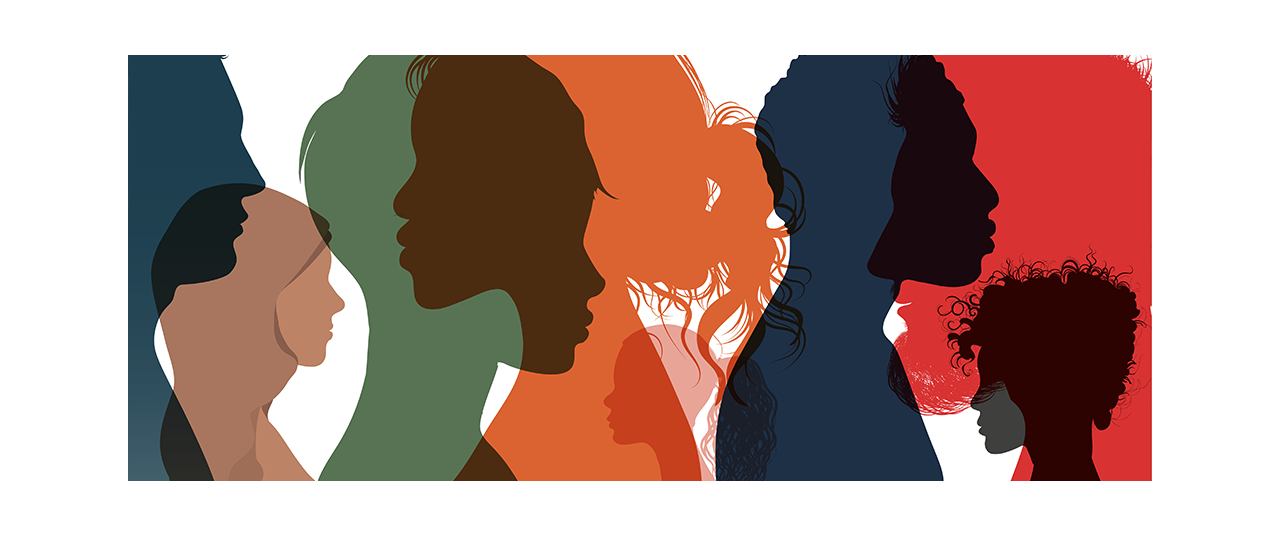
This March brings a number of somber remembrances. We reflect on 500,000 lives lost in the worst pandemic in American history, with Black, Latino and Indigenous Americans suffering at least double the death rate compared to whites. We remember Manuel Ellis, a Black man killed in police custody whose last words—I can’t breathe—became an international rallying cry for social justice after the death of George Floyd. We recognize International Women’s Day as we grapple with the SheCession that has pushed more than 2.5 million women out of the workforce and threatens to undermine decades of progress.
At the heart of each of these crises is the same disease: inequity. Manifesting as sickness, mental health and substance abuse, generational trauma, despair and poverty, the plague of inequity shows up every day in America’s clinics. And because our health systems bear witness to the impact of this disease, there is no industry better poised to lead change than healthcare.
That change must start at the highest levels of healthcare leadership.
A Call to Action
Healthcare is the most expansive, powerful industry in America, with 20 million workers employed in a field that accounts for nearly 20% of the nation’s GDP and boasts a richness of identity, socioeconomic status, nationality, and racial and ethnic diversity. Three-quarters of the workforce is women. The vast majority of home health aides, community health workers and nurses are women and underrepresented minorities. Tom Brokaw once penned, “You can find the entire world inside your hospital.”
But there’s a ceiling for this abundance of talent and diversity. Women make up just 16% of leadership roles in academic medical schools, and less than 40% of hospital executives. Worse still, only 2% of physicians are Black women. In the C-suite, representation of people of color and openly LGBTQ+ individuals remain in the single digits.
If we are called to usher in equity, anti-racism and accountability in all areas of health access and outcomes, then we have to demand it at the top of the very systems that deliver that care. In a recent editorial appearing in The New England Journal of Medicine, authors state, “Equity in health leadership is both a fundamental social justice issue and a population health issue.”
And these changes need not be gradual. “Given the agility with which healthcare systems have reorganized in the face of COVID-19—many establishing new practice patterns, payment models and delivery mechanisms,” writes Hardemen, et al, “the response to the pandemic has made at least one thing clear: systemic change can, in fact, happen overnight.”
As CEO of the Carol Emmott Foundation—an organization with a singular goal of achieving full equity in healthcare leadership and governance—we are seeing rapid progress in a range of large and small health systems. We’re testing and implementing new human resource policies that build cultures of inclusion. We’re matching incumbent leaders with promising talent to ensure more representative succession and establish new and essential roles. We’re lobbying for the dissolution of all-male conference panels and the addition of new quotas to ensure nonwhite, nonmale perspectives appear in publications and in the press, which directly impact the visibility of and funding for equity-driven research led by women and professionals of color. We’re auditing pay gaps and promotion policies at institutions to ensure equity in advancement practices. And we’re examining physical spaces to diversify the portraits on walls and names on buildings to reflect more authentic, inclusive spaces. Moreover, as we focus on the systems, women and allies in our network are accelerating changes in their own practices and communities to ensure that equity is imbued in all levels of healthcare.
The urgency is clear, the strategies are proven and leaders at the very highest levels of our nation are at last beginning to take steps to tackle inequity, such as President Biden's recent actions to improve family care options and wage transparency, and build a Cabinet that looks a lot like the people it serves. We can adopt and extend these efforts in our institutions today.Indeed, on this International Women’s Day—an observance that originated as part of a campaign to expand the protections and rights of women in the workplace—there’s no better moment than now.
Anne McCune is CEO, The Carol Emmott Foundation.
